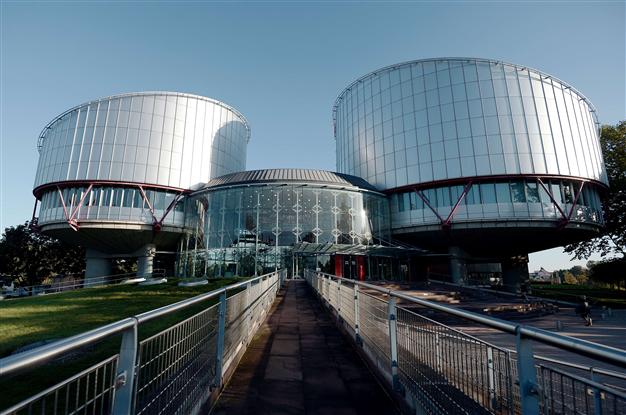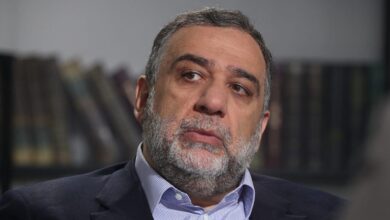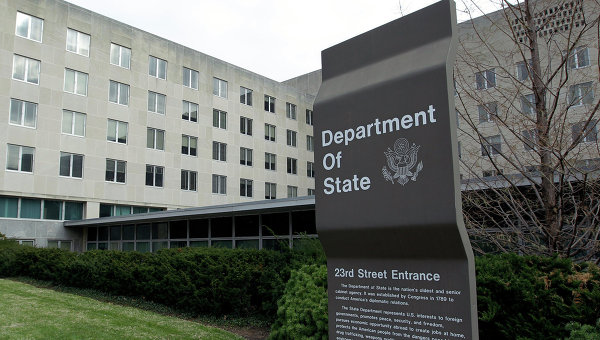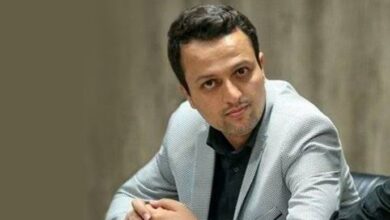
Today, the European Court of Human Rights delivered a news judgment on the case of Anahit Mkrtchyan v. Armenia. The case concerned the death of the applicant’s 22-year old son during his military service back in 2001.
The European Court has found violation of the Article 2 (right to life) of the European Convention of Human Rights and awarded to the applicant just satisfaction of 24,000 euros (EUR) for non-pecuniary damage and EUR 2,000 for costs and expenses.
The applicant, Anahit Mkrtchyan, is an Armenian national who was born in 1952 and lives in Baghramyan, a village in Armenia.
The case concerned her complaint about the national authorities’ investigation into the death of her 22-year-old son, Arayik Avetisyan, during his military service.
Just over a year after he was drafted into the army, on 30 October 2001, Ms Mkrtchyan’s son died from a gunshot wound in the head in the office of his battalion’s commanding officer.
From the outset the official explanation for the incident was that another conscript had accidentally shot her son. Ms Mkrtchyan, on the other hand, immediately suspected his commanding officer who she alleged had been abusing her son and extorting money from him.
Immediately after the incident, an investigator carried out an on-site examination and seized a gun.
The following day a criminal case was opened, an autopsy was ordered and several key witnesses, other conscripts, were questioned.
One week later one of the conscripts was charged with murder. He was eventually indicted for negligent homicide resulting from breaching the rules on handling firearms. During these proceedings the domestic courts remitted the case to the prosecution three times, pointing out shortcomings in the investigation, in particular, a failure to address contradictions in witness statements and the forensic data.
Both before and during his trial the accused conscript admitted to unintentionally killing the applicant’s son, but when he was questioned again in March 2011 following another remittal of the case, he denied all his previous statements, maintaining that he had had to incriminate himself out of fear for his and his family’s security.
The investigation is still ongoing today, with the criminal proceedings having been stayed for the second time in March 2019 on the grounds that it had not been possible to identify the person against whom charges should be brought. The investigation has neither established the origin of the non-ballistic injuries on the victim’s body, which according to experts had not been caused by his falling after the gunshot, nor the gun from which the shot was fired.
Relying in particular on Article 2 (right to life) of the European Convention on Human Rights, Ms Mkrtchyan alleged that the national authorities’ investigation into the death of her son, lasting so far more than 18 years, had not been effective.








